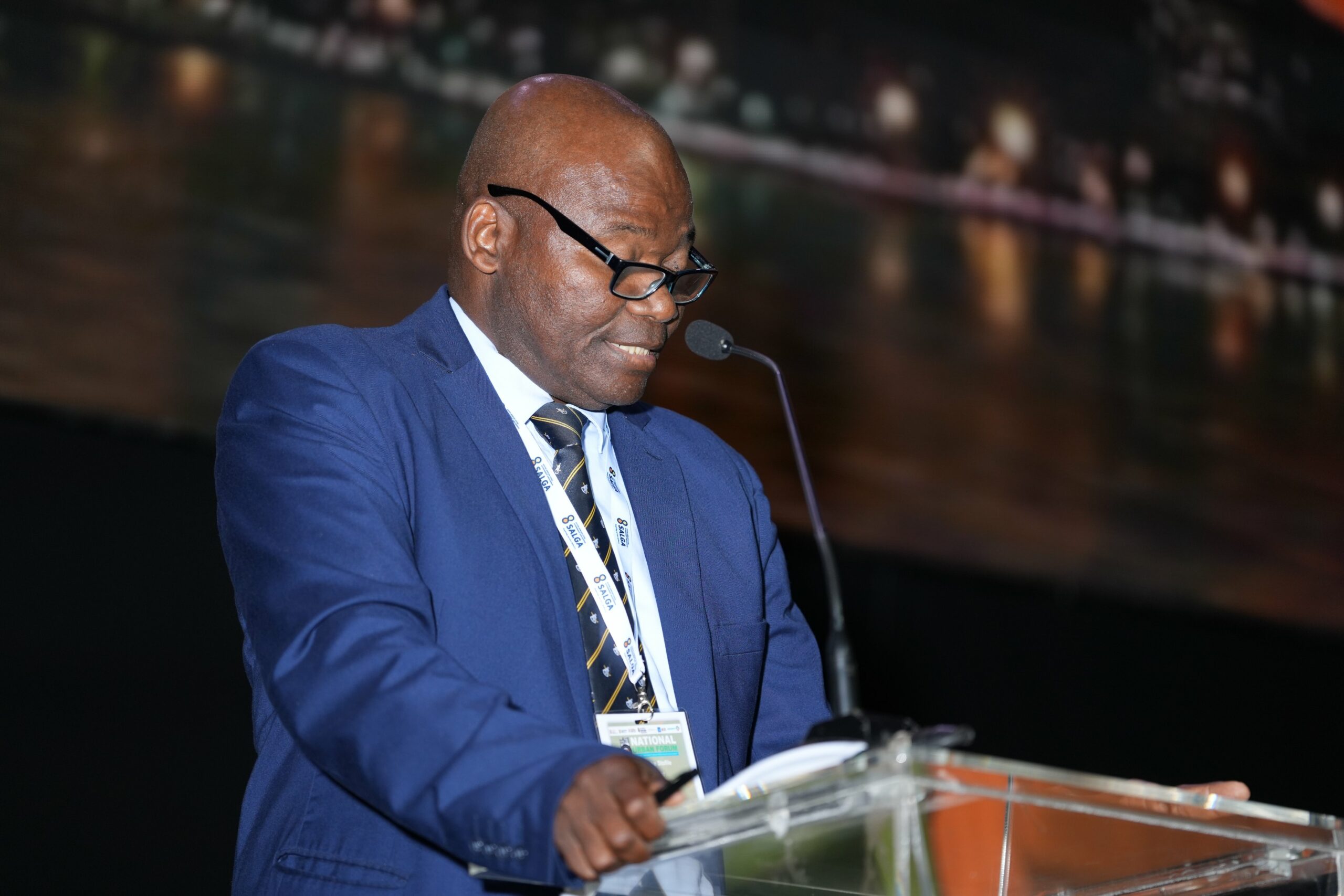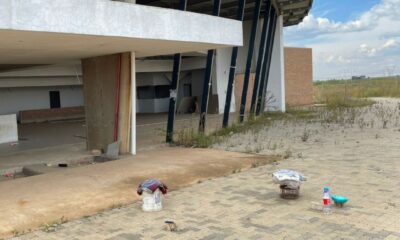News
“We Are on the Front Lines”: SA’s Mayors Demand a Bigger Piece of the National Pie

“We Are on the Front Lines”: SA’s Mayors Demand a Bigger Piece of the National Pie
If you want to know why the pothole on your street hasn’t been fixed, or why the water pressure is a trickle some mornings, mayors from South Africa’s biggest cities will point you to a single, central problem: the money isn’t making it to where it’s needed most. In a powerful display of unity, the leaders of our country’s economic powerhouses are making a collective stand, demanding a fundamental rethink of how South Africa divides its national budget.
The message, delivered clearly at the recent U20 Mayors Summit, is simple. The cities and towns on the front lines of service delivery are struggling to keep the lights on with the financial tools they’ve been given. They’re now formally asking National Treasury to hand them a larger slice of the fiscal pie.
The Case for the Cities
The argument from the mayors isn’t just a complaint; it’s a compelling economic case. South Africa’s major metropolitan municipalitieslike Johannesburg, Cape Town, Tshwane, and eThekwiniare the nation’s primary economic engines. They generate the lion’s share of the country’s GDP and are magnets for population growth, as people flock from rural areas in search of work and opportunity.
This rapid growth places an immense strain on infrastructure. Roads, water pipes, electrical substations, and sewage systems built decades ago are buckling under the pressure. The mayors argue that while they are responsible for maintaining and upgrading this critical infrastructure, their share of the national revenue doesn’t reflect this immense responsibility.
They are essentially asking to be funded like the vital organs they are, rather than being treated as distant appendages of national government.
The Crumbling Foundation
This isn’t an abstract debate about fiscal policy. The consequences of underfunding municipalities are visible on every corner. The demand for a larger budget share is directly linked to the daily struggles residents face:
-
The Infrastructure Backlog: Billions are needed to repair and replace aging water and sewer systems, a cost most municipalities cannot carry alone.
-
The Eskom Dilemma: Cities are eager to generate their own power or procure it independently to end load shedding, but these projects require massive capital investment.
-
Service Delivery Protests: The very protests that make headlines often stem from a local municipality’s inability to deliver basic services, a problem often rooted in a lack of funds, not a lack of will.
The mayors contend that by giving them more direct control over a larger portion of the national budget, they can act more swiftly and effectively to tackle these problems at their root.
A Unified Voice for Change
The significance of the U20 Summit is the unified front. This isn’t one opposition-run city complaining against a ruling party national government. This is a collective, non-partisan position from the leaders who are ultimately held accountable by residents for the state of their streets and the reliability of their taps.
They are no longer asking quietly behind closed doors. They are taking their case to the public, making the complex world of intergovernmental fiscal relations understandable and relevant to the average person.
The ball is now in National Treasury’s court. Will they devolve more financial power to the local level, trusting mayors to spend it wisely on pressing local needs? Or will the centralised system remain? The answer to that question will determine the state of our cities, and our daily lives, for years to come.
{Source: IOL}
Follow Joburg ETC on Facebook, Twitter , TikTok and Instagram
For more News in Johannesburg, visit joburgetc.com



























